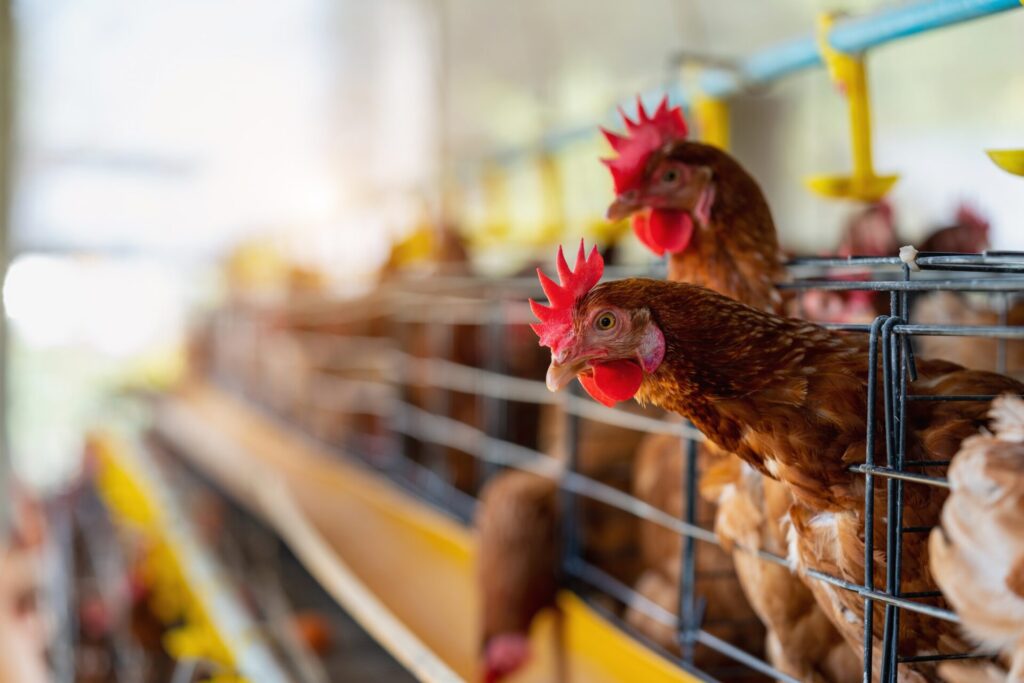A poultry farm is one of the most rewarding business ventures, especially due to its financial returns and the fact that it produces fresh and health-amusing poultry products. If you wish to engage in chicken rearing either for meat or eggs, or even both, there are a few considerations and steps important in ensuring the success of your farm. Here are some essential tips on how to set up your poultry farm.
- Researching and Planning
Before venturing into poultry keeping, one has to do some research and proper planning. Know the demand for poultry and its products in your region or local market. There are different kinds of poultry farming, such as broiler and layer farming. Each type is used either for meat or egg production. Determine the type you would want to engage in and the breed you will keep. Draft a business plan detailing your vision, budget, risks involved, and their control measures, as well as expansion strategies. - Selection of Appropriate Breed
Choosing the correct breed of poultry is critical to your farm’s success. Hundreds of breeds come with different needs, ruz, and yields. For instance, if you want to produce eggs, then Leghorns or Rhode Island Reds are two of the most popular breeds to raise. If you want to produce meat, look into broiler breeds like Cornish Cross. Find out the characteristics of each breed and raise the one which best fits into your goals in farming. - Proper Housing
Provide appropriate Housing. A sound house will promote health and productivity in your poultry. Housing shall provide enough space, ventilation, and protection from predators and weather extremes. Ensure sufficient space such that birds can move around and the coop remains easy to clean. Apply appropriate bedding, like straw or wood shavings, that will keep them dry and help in cleaning. - Ensure Proper Nutrition
A well-balanced diet is important for growth and productivity in your poultry. Good quality commercial feed must be provided with supplementary grains and vegetables, and where necessary, calcium sources such as oyster shells. Fresh, clean water must always be available. Be on the lookout for any sign of illness in your flock and make whatever adjustments are necessary in their diet. - Implement Biosecurity Measures
Use disease prevention as the best means for poultry keeping. That means strict adoption of biosecurity measures to help prevent infections within your flock. This will include, among others, controlling access to the farm, cleaning and disinfecting equipment on a regular basis, and isolating new or sick birds from the rest of the flock. Vaccinate your birds by the advice of the veterinary officer and keep a close eye on their health. - Health and Welfare
The health of birds should be accorded prime importance. Observe birds regularly for early signs of sickness or suffering, such as changes in behavior, loss of feathers, or a drop in productivity. Establish and operate a schedule of regular health checks; obtain the help of a veterinarian when a problem is discovered. Proper management practices will include provision for a stress-free environment, adequate space, proper nutrition, and a disease-free life for all your birds. - Maintain Up-to-Date, Accurate Records
Keeping records of your poultry farm will help in monitoring its progress and the investment decisions that a farmer is likely to make. Keep clear records of feed consumption, egg production, mortality, vaccinations, and expenses. Grasp the trend, manage the cost, and enhance the efficiency of your farm. - Sell your products
As the farm is already in motion, heading towards better sales, there has to be marketing for these products. Target buyers are such as local markets, restaurants, and individuals. Mention quality and the fresh poultry products. You might consider building media and other ways of advertisement on your area to attract more customers. A strong relationship that was built up with your customers will bring success to the poultry business. - Be Informed and Adapt
The farming industry is evolving; new methods and technologies are coming out every time. Learn about the newest trends and fresh strategies in poultry keeping through attending workshops and webinars, reading publications from the agricultural sector, and joining farming communities. Be open to learning new methods or strategies that can make your farm more productive and profitable.
Conclusion
Planning, dedication, and perpetual management are the keys to creating a poultry farm. Help yourself by following these tips and do all you can to ensure that your birds are healthy and in good condition. In this regard, continuous learning and adopting practices which suit your business will become very imperative in this dynamic industry for success. Good luck on this poultry farming journey!

